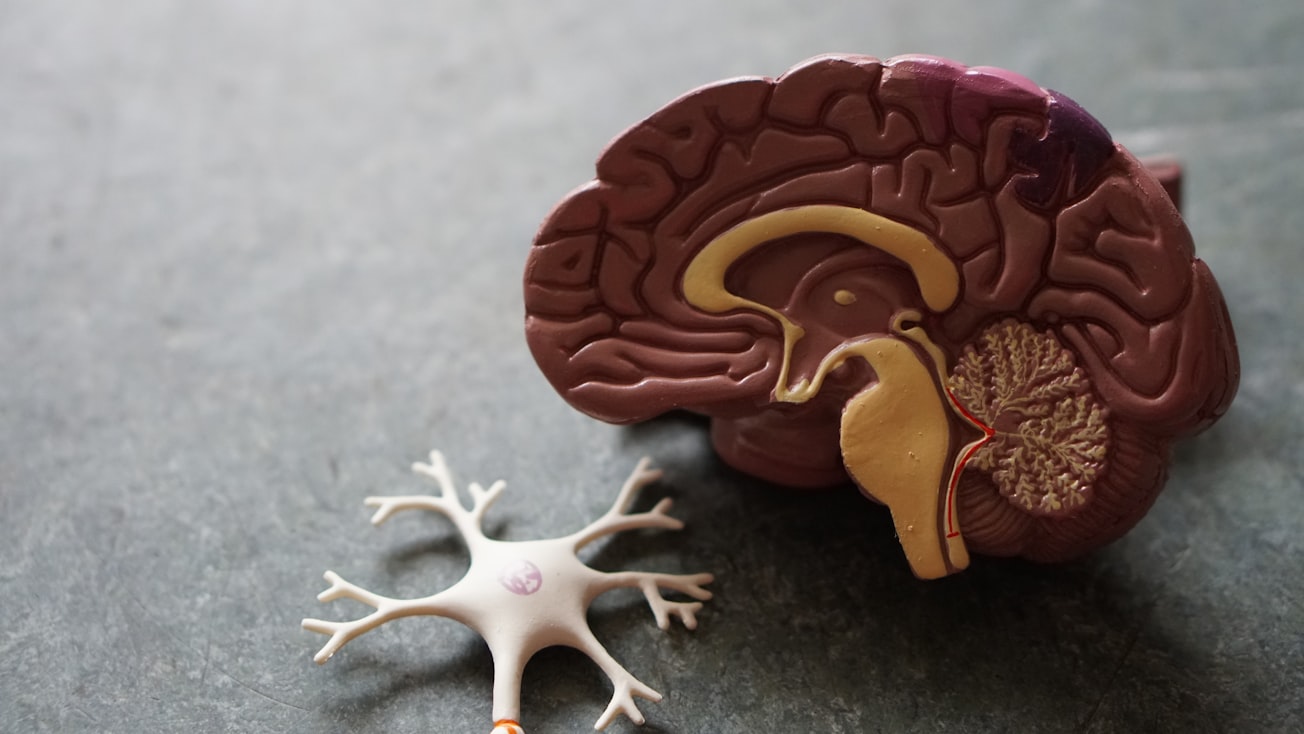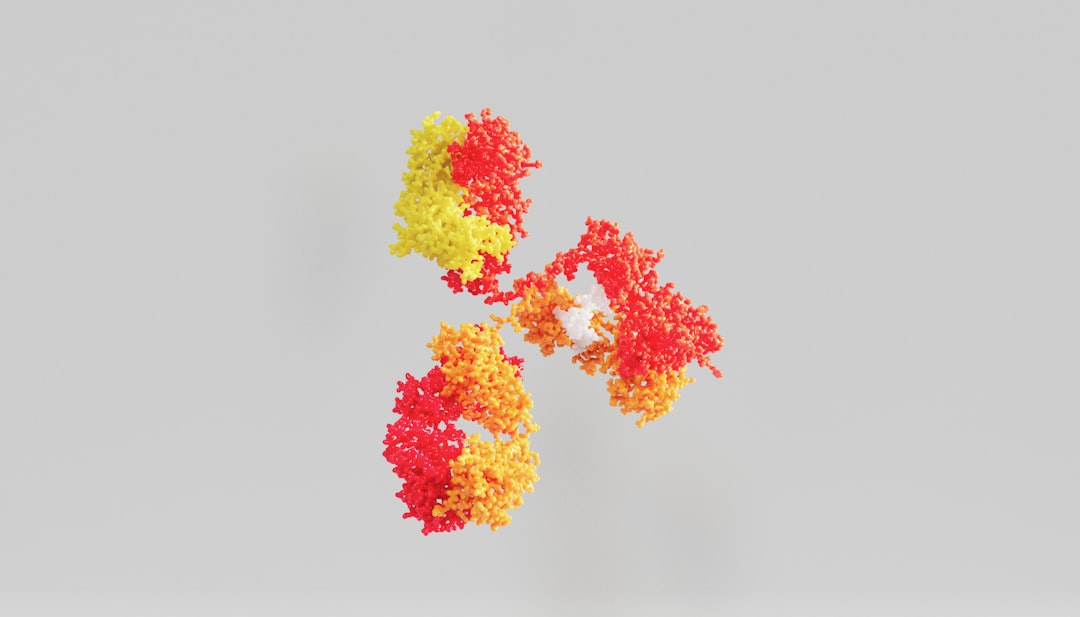What is it about?
Why do our brains degenerate as we age? Surprisingly, this is still very much an open question in science. In this study, researchers at the UCL Institute of Healthy Ageing used fruit flies, whose brain cells are very similar to those in humans, to answer this question. The team discovered two new genetic treatments that, when targeted to different brain cells, could increase the flies' lifespans and help protect against the kind of brain degeneration seen in Alzheimer's disease. Importantly, very similar genes exist in human brain cells, so these findings will hopefully lead to a better understanding of, and hopefully treatments for, age-associated neurodegenerative diseases such as those that cause dementia.
Featured Image

Photo by Robina Weermeijer on Unsplash
Why is it important?
As the older-age population is increasing throughout the world, age-related co-morbidities are no longer a problem limited to high-income settings. As highlighted by the ongoing Covid-19 global health emergency, increasing age is a major risk factor for both infectious and non-communicable diseases. Although ageing is part of the normal life course, approaches that can tackle age-related decline in health have great potential to increase health-span (the proportion of life spent in good health) globally. Among the diseases of ageing, dementia is a major cause of decline in health and life quality in the elderly, and dementia has recently become the leading cause of death in countries including the UK. The findings of studies like this give us a better picture of how ageing predisposes the brain to diseases like Alzheimer's disease, and will thus be crucial to addressing the global increase in the number of people affected by dementia.
Perspectives
This study was a great example of teamwork and the power of publicly available scientific findings. My co-author Ekin Bolukbasi and I, through our conversations over coffee, discovered that we were finding very similar things but in different brain cells: my work focused on glia, while hers focused on neurons. We then searched public databases of genetic findings from glia and neurons to help form our hypothesis, which we then tested through experiments in fruit flies. None of this would have been possible without our working together and building on publicly available data!
Nathan Woodling
University of Glasgow
Read the Original
This page is a summary of: Cell type-specific modulation of healthspan by Forkhead family transcription factors in the nervous system, Proceedings of the National Academy of Sciences, February 2021, Proceedings of the National Academy of Sciences,
DOI: 10.1073/pnas.2011491118.
You can read the full text:
Resources
Genetic treatment extends fruit fly lifespan and prevents Alzheimer’s damage
UCL News article on the research
The secret to a long life? Genetic treatment that extends the lifespan of flies by 9% and prevents Alzheimer's is developed by scientists
Daily Mail article on the research
UCL Institute of Healthy Ageing
IHA website
UCL Institute of Healthy Ageing
IHA website
Contributors
The following have contributed to this page










